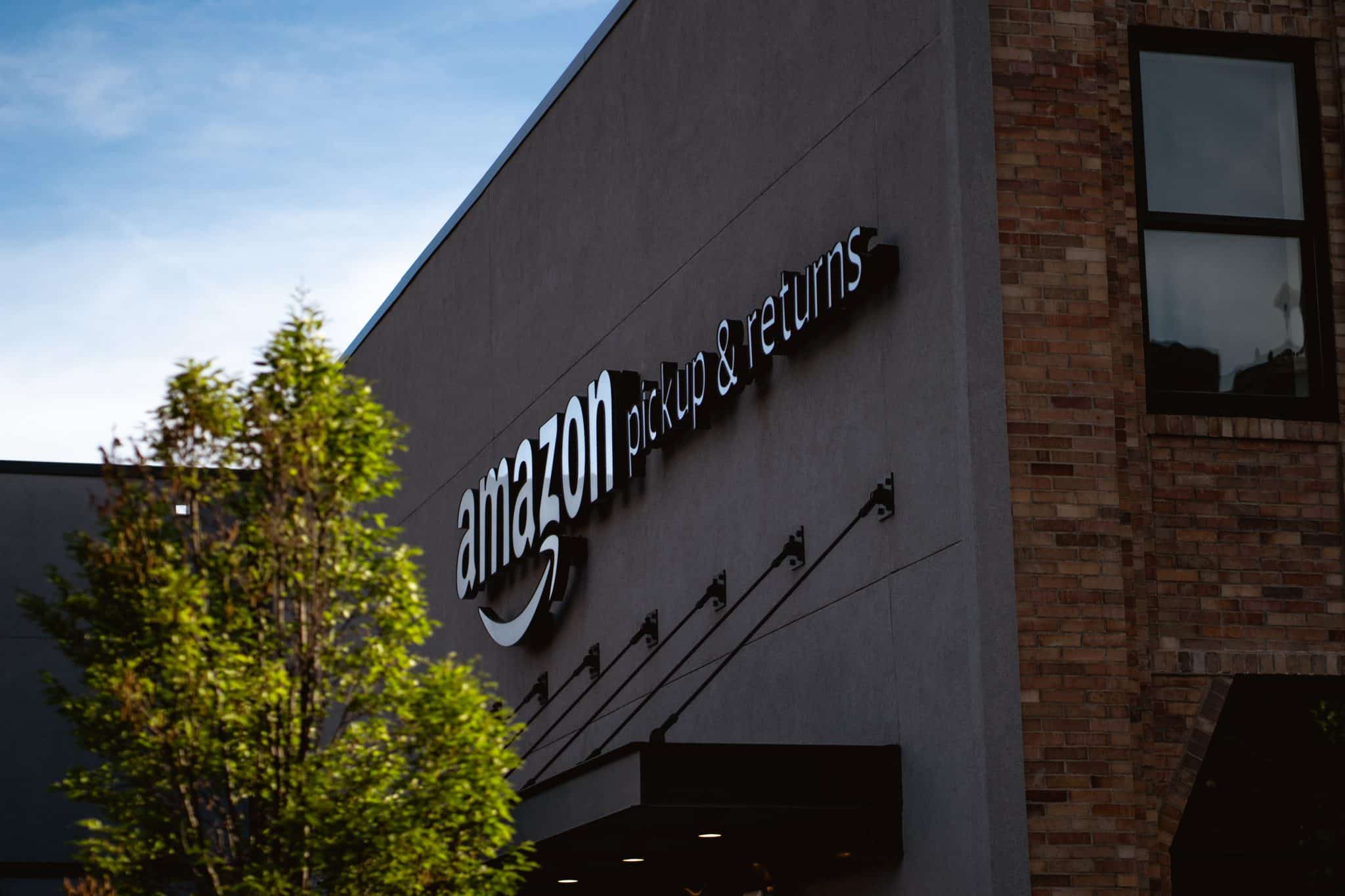
Rund Khayyat is a student at Harvard Law School.
As the Amazon labor union movement comes to a head in Alabama, the New Yorker published a column Thursday analyzing, what it describes, the “changing politics of labor.” The article notes that Amazon represents “an extreme expression of the twenty-first century’s extreme inequality and concentration of wealth and economic power, which has already changed the Democratic Party and some elements of the G.O.P.,” and has thus drawn together some unusual allies on both sides of the aisle.
In response to the Amazon union drive, the usual labor allies, such as Stacie Abrams, Bernie Sanders, and President Biden, have been extraordinarily outspoken. For example, Biden announced his support for the organizers and strongly warned employers not to interfere with the efforts – the last president to use such explicit language in support of unions was President Roosevelt.
At the same time, new prominent players on the right are denouncing Amazon’s business practices and supporting the labor efforts. Those on the center-right are not only concerned over Bezos’s “accelerating wealth and Amazon’s profiteering,” but also about the company’s interventions in politics, which tend to be interventions that align with the interests of Democrats (such as its decisions to stop hosting Parler, the extremist social-media site, on Amazon Web Services).
For example, conservative senator Marco Rubio (R-Fl.) notably published an op-ed in USA Today declaring his support for the workers, and both Tucker Carlson’s Fox News show, and conservative Senator Josh Hawley’s (R-Miss.) new book titled “The Tyranny of Big Tech,” have targeted Bezos’ practices.
Still, conservatives are still skeptical of labor unions, and so the outspoken language by Democrats is more significant to labor leaders than the newfound allies on the right. Still, because so many of Amazon’s practices and successes are rooted in its power over workers, conservatives who oppose Amazon must do more to support worker power.






Daily News & Commentary
Start your day with our roundup of the latest labor developments. See all
February 17
San Francisco teachers’ strike ends; EEOC releases new guidance on telework; NFL must litigate discrimination and retaliation claims.
February 16
BLS releases jobs data; ILO hosts conference on child labor.
February 15
The Office of Personnel Management directs federal agencies to terminate their collective bargaining agreements, and Indian farmworkers engage in a one-day strike to protest a trade deal with the United States.
February 13
Sex workers in Nevada fight to become the nation’s first to unionize; industry groups push NLRB to establish a more business-friendly test for independent contractor status; and UFCW launches an anti-AI price setting in grocery store campaign.
February 12
Teamsters sue UPS over buyout program; flight attendants and pilots call for leadership change at American Airlines; and Argentina considers major labor reforms despite forceful opposition.
February 11
Hollywood begins negotiations for a new labor agreement with writers and actors; the EEOC launches an investigation into Nike’s DEI programs and potential discrimination against white workers; and Mayor Mamdani circulates a memo regarding the city’s Economic Development Corporation.